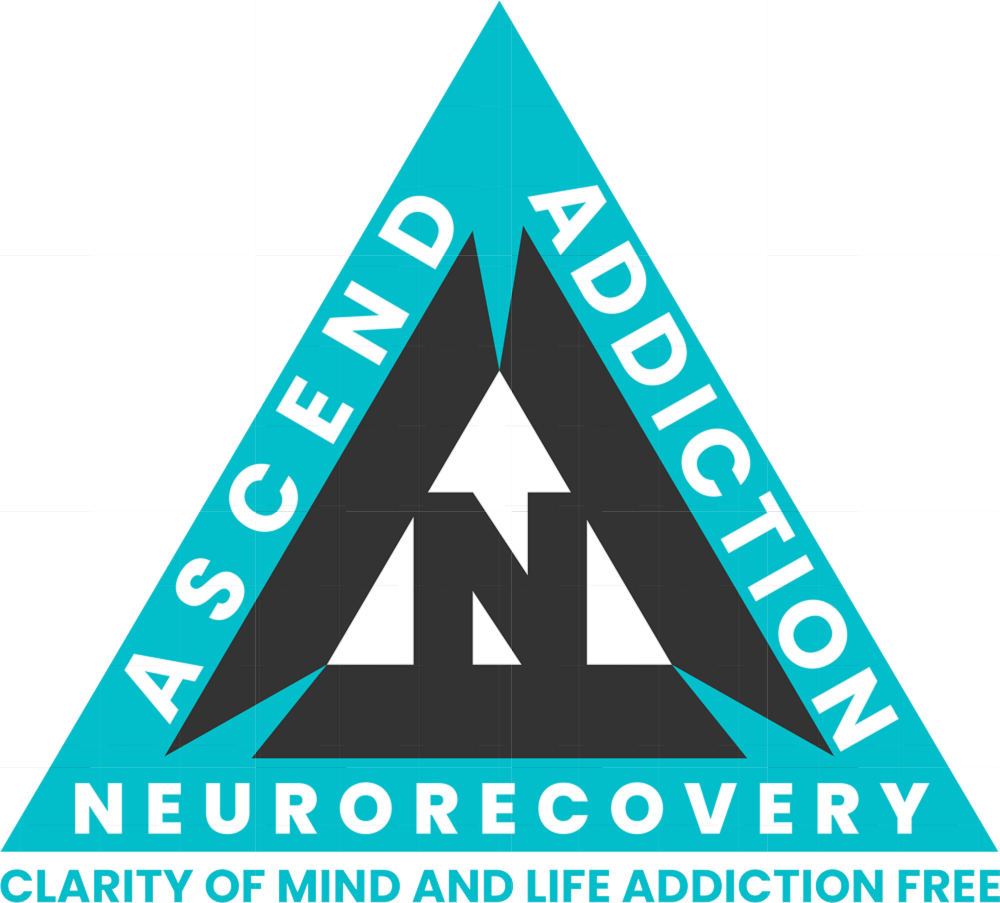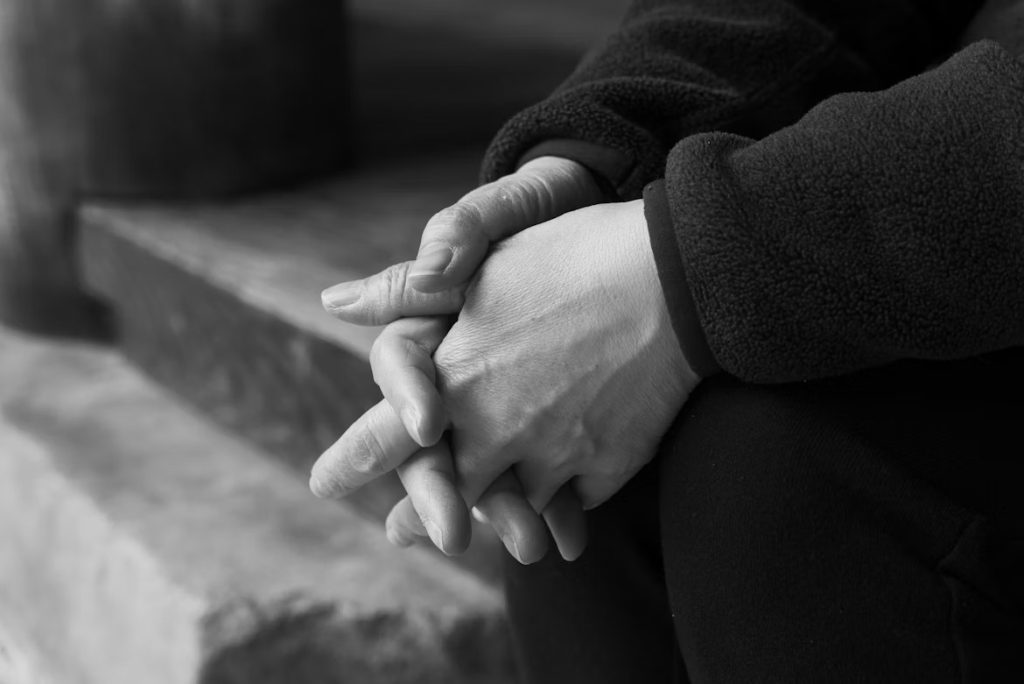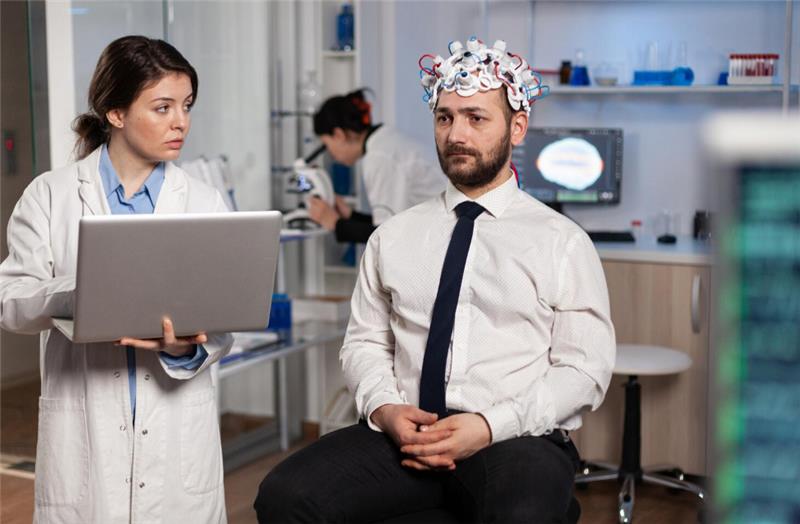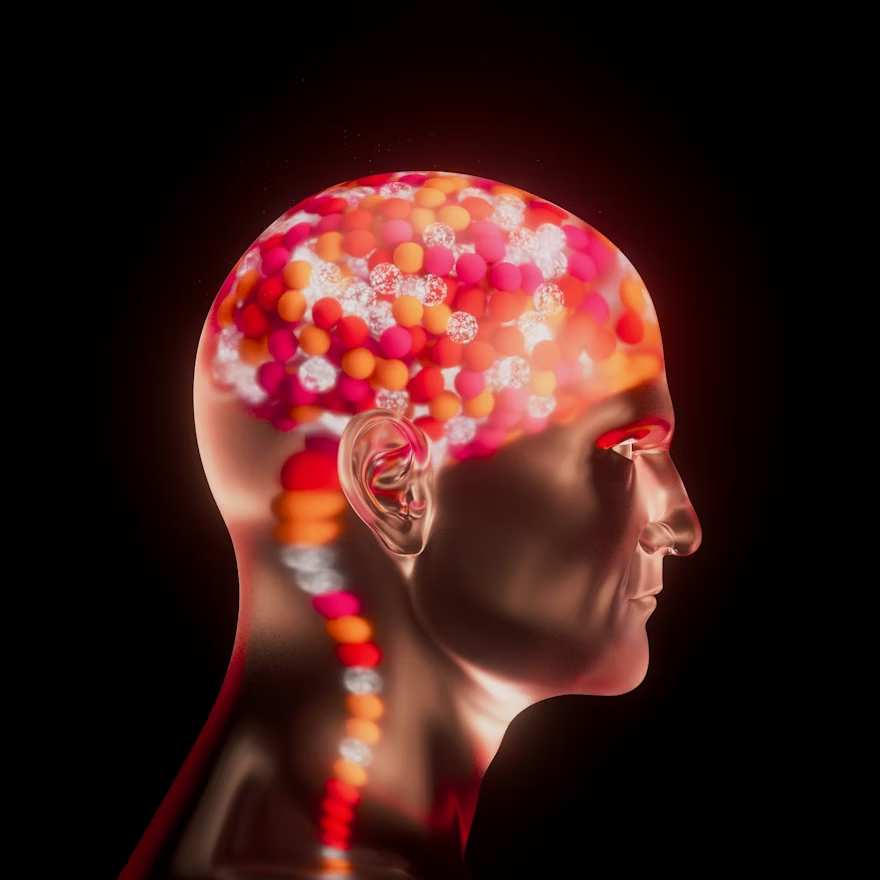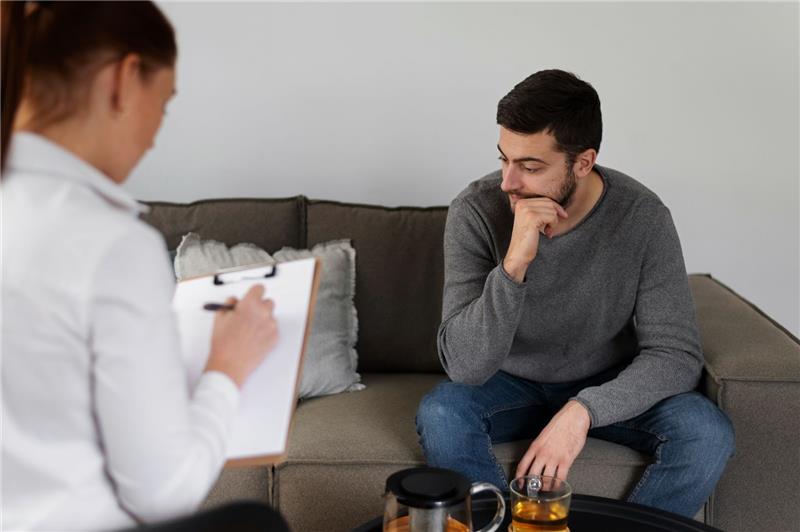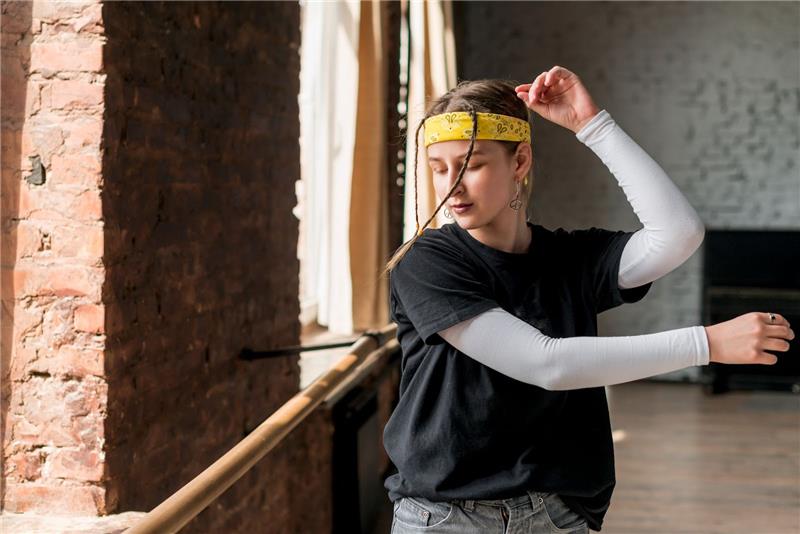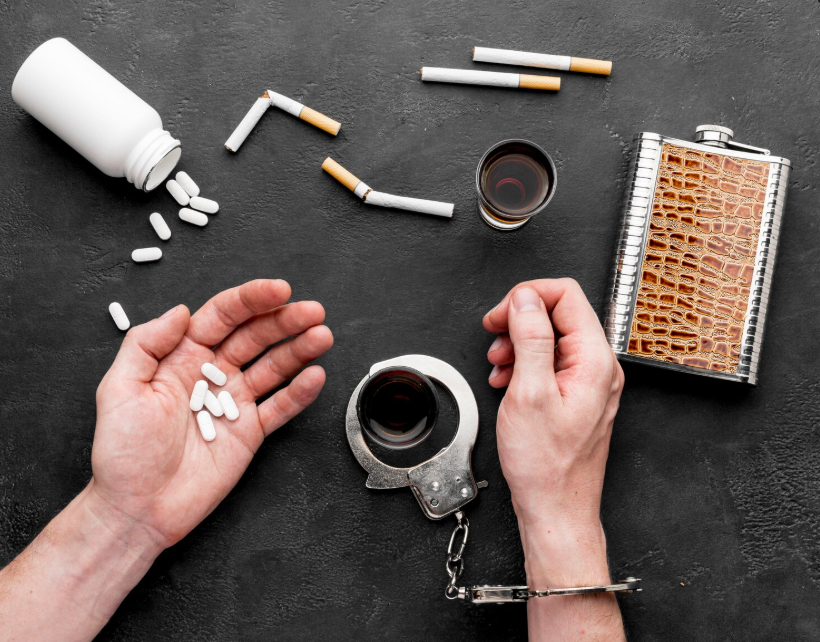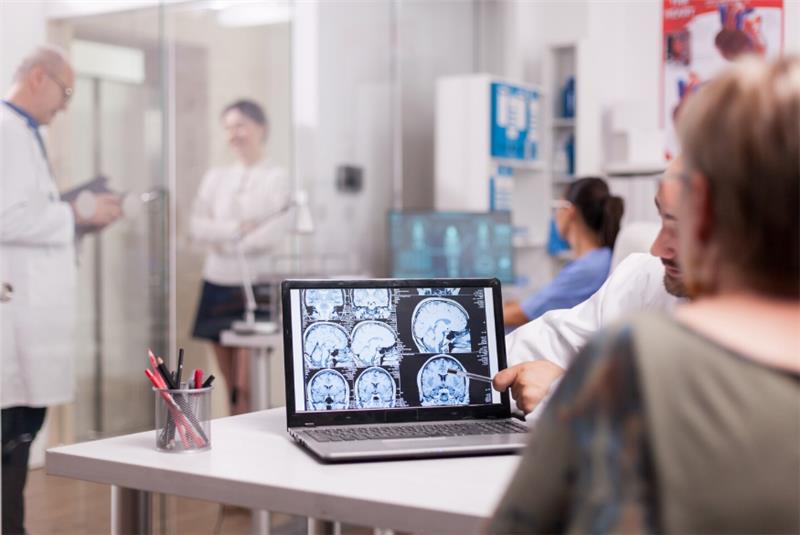
The journey of brain healing after addiction is not easy, but it is possible. Our brains are resilient and capable of adapting and changing. This change is called neuroplasticity addiction recovery. It means the brain can create new paths, or what we call neural pathways, to help us feel better, think more clearly, and make better choices. When someone begins brain recovery after drug abuse, the brain starts to clean away the bad patterns caused by addiction.
But what can help this process? What simple habits can help in rewiring the brain from addiction? There are simple things we can do every day to strengthen our brains. Just as we brush our teeth to keep them clean, we can cultivate daily habits to maintain our mental well-being. So, let’s look at habits that help build strong and healthy brains during recovery. These habits can bring hope and change to anyone who wants a better life.
Practice Mindful Breathing Every Day
Breathing sounds simple, right? But did you know that breathing the right way can help with brain healing after addiction? When we focus on each breath, we calm our minds. This helps reduce stress, which can be a big trigger. What happens to the brain when we breathe deeply? It starts building better neural pathways. These pathways support peace, calm thoughts, and better control over feelings. However, can breathing help in rewiring the brain from addiction? Yes, it can.
Every deep breath tells the brain, “It’s safe now.” This starts the process of neuroplasticity addiction recovery. Mindful breathing helps the brain stop chasing old patterns and start learning new, healthy ways. Isn’t it amazing that something so small can be so powerful? Over time, this daily habit helps with brain recovery after drug abuse, making the mind stronger and calmer. So, breathe deeply. Your brain is listening and ready to heal.
Get Moving With Gentle Daily Exercise
Why is moving your body good for your brain? When we exercise, even by walking or stretching, our brain makes happy chemicals. These chemicals are like tiny helpers. They fix the damage caused by drugs. This helps with brain recovery after drug abuse. Exercise also activates new neural pathways that bring about positive feelings and increased energy. But do we need hard workouts? No. Even small steps help.
What does this mean for neuroplasticity addiction recovery? It means your brain is learning again — learning to enjoy life without drugs. Can movement help in rewiring the brain from addiction? Absolutely. It teaches the brain new habits and healthy routines. So, whether it’s dancing, walking, or just stretching, your brain is healing. And when the brain heals, so does the heart. So, move your body a little each day. So, every small step is a big win for brain healing after addiction and building a brighter future.
Eat Brain-Friendly Foods Every Day
Did you know your food talks to your brain? It does. What we eat can help build healthy neural pathways and speed up brain healing after addiction. But how does food do that? Some foods contain nutrients that support brain health and repair. These include fruits, vegetables, fish, nuts, and whole grains. However, can food help with neuroplasticity addiction recovery? Yes.
These brain-friendly foods help the brain stay strong and flexible. That means it can change and grow, which is a big part of rewiring the brain from addiction. Junk food, on the other hand, slows healing. It confuses the brain. So, ask yourself: Are you feeding your brain what it needs? A good meal is like giving your brain a big hug. Every healthy bite supports brain recovery after drug abuse. So, start today and add one healthy food to your plate.
Keep a Simple Daily Routine
Why do routines matter in healing? When life feels steady, the brain starts to feel safe again. This is very important for brain healing after addiction. A daily routine helps create strong neural pathways. These pathways help the brain form and retain healthy habits. So, what kind of routine helps? Waking up at the same time, eating meals regularly, taking short breaks, and going to bed on time.
How does this help in rewiring the brain from addiction? It builds trust in yourself. The brain stops seeking chaos and begins to establish balance. Can this small habit support neuroplasticity addiction recovery? Yes, because simple daily routines give your brain a map. A map to follow the healing steps every day. Over time, this habit becomes a safety net. It catches bad thoughts before they take hold too deeply. So, that’s how routines help in brain recovery after drug abuse. Simple, safe, and steady—that’s how healing begins.
Stay Connected to Kind People
Do people help the brain heal? Yes, they do. Being around kind people helps your brain feel supported. Support helps form good neural pathways that lead to joy and safety. This makes a big difference in brain healing after addiction. When someone listens to you, your brain feels loved. That love helps in rewiring the brain from addiction. But what if you feel alone? That’s okay.
Even one good person can make a difference. Is connection important for neuroplasticity addiction recovery? Very much. Talking, sharing, or even laughing with someone helps the brain grow. It reminds your brain that it’s okay to trust again. Can connection support brain recovery after drug abuse? Yes. Because love and care build the brain’s strength. So, reach out. Talk to someone kind. Healing doesn’t have to be done alone. A helping hand can lift your brain into light, where new life begins.
Habits That Reinforce Healthy Neural Pathways
Recovery is not just about stopping drugs. It’s about starting something new—new neural pathways, new habits, and a new life. With simple steps like breathing, moving, eating well, building routines, and staying connected, your brain begins its amazing journey of brain healing after addiction. So, these small acts help in rewiring the brain from addiction and support the power of neuroplasticity addiction recovery.
When you follow these habits each day, your brain slowly starts to feel safe, strong, and whole again. You are not broken. Your brain is not stuck. It is a process of learning, healing, and becoming better than before. At Ascend Addiction NeuroRecovery, we believe in this power to change. Our science-based, kind-hearted approach helps guide you on your path to a new life. Are you ready to give your brain the care it needs? Come walk with us. So, let’s take these small steps together toward full brain recovery after drug abuse—one habit, one day at a time.
